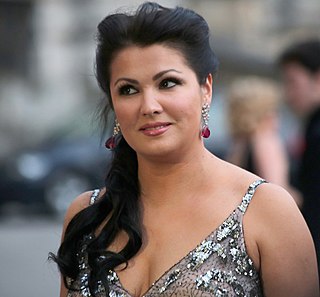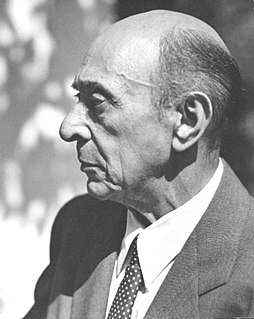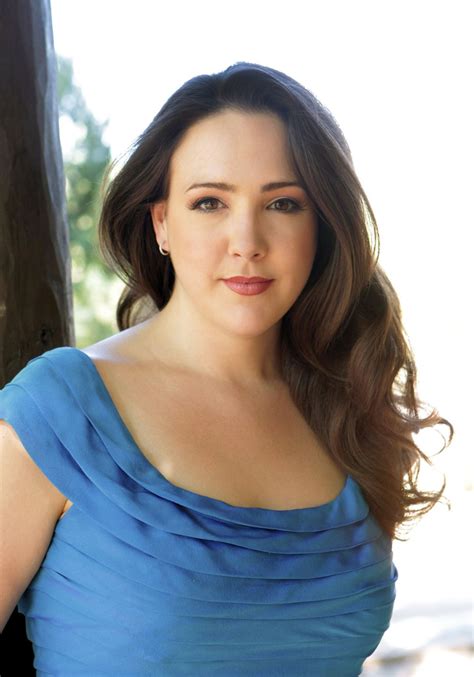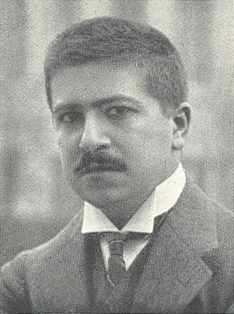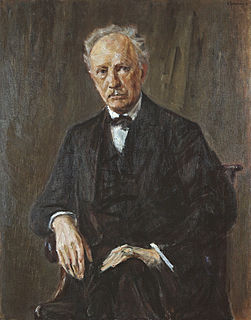A Quote by Michael Arden
If you've never heard a piece of Mozart, then Mozart could sound scary or confusing, so it's all about learning.
Related Quotes
I have been told that a young would-be composer wrote to Mozart asking advice about how to compose a symphony. Mozart responded that a symphony was a complex and demanding form and it would be better to start with something simpler. The young man protested, 'But, Herr Mozart, you wrote symphonies when you were younger than I am now.' Mozart replied, 'I never asked how.
Art has always been my salvation. And my gods are Herman Melville, Emily Dickinson, Mozart. I believe in them with all my heart. And when Mozart is playing in my room, I am in conjunction with something I can’t explain — I don’t need to. I know that if there’s a purpose for life, it was for me to hear Mozart. Or if I walk in the woods and I see an animal, the purpose of my life was to see that animal. I can recollect it, I can notice it. I’m here to take note of. And that is beyond my ego, beyond anything that belongs to me, an observer, an observer.


